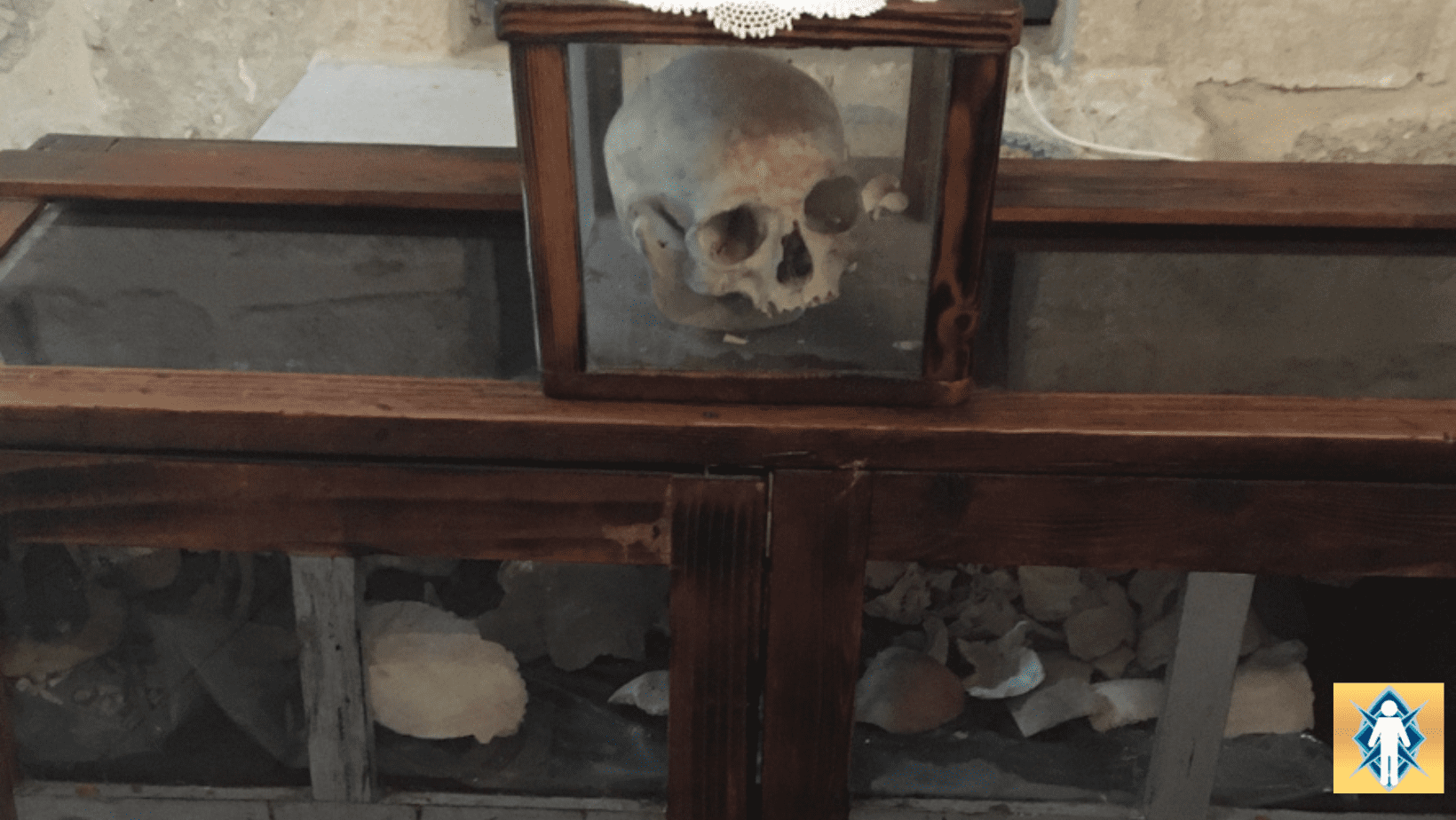
Were the Ancients Wrong?
So many modern Christians look at the ancient customs of the Church with speculation and distrust. Many have been led to belief the traditions of the ancient Church led believers away from Christ. Many believe that only modern Christians can ‘save’ the Church from paganism.
Today is one of those days that highlights the schism between ancient Christianity and modern especially Protestant believers. Today the Church commemorates the 2nd and 3rd Finding of the Head of John the Baptist. This sacred relic of the ancient Church reminds us of God’s power.
Ancient Christians ‘had no problem’ venerating (displaying respect) for relics of saints. Even the Holy Scriptures bear testimony to miracles having been ‘performed’ through physical objects belonging to saints.
Now God worked unusual miracles by the hands of Paul, so that even handkerchiefs or aprons were brought from his body to the sick, and the diseases left them and the evil spirits went out of them.
Acts 19.11-12
And believers were increasingly added to the Lord, multitudes of both men and women, so that they brought the sick out into the streets and laid them on beds and couches, that at least the shadow of Peter passing by might fall on some of them.
Acts 5.14-15
Could it be the ancient Church, led by the Holy Apostles who were “guided into all the truth” (John 16.13) would have allowed such pagan practices by believers? Or is it more likely that the truth of God’s power working through physical objects proved His Truth? I choose truth.
If even handkerchiefs and shadows could be the source of miracles from God, why not the head of John the Baptist whom Jesus called the greatest man ever to be born of a woman? (see Luke 7.28) In fact only the most recent (historically speaking) Christians refuse such possibilities.
If God’s miracles could be wrought through human beings and their physical relics, then you and I must strive to become vehicles of God’s grace no differently than the ancients did. We can accomplish holiness when we offer ourselves “as a living sacrifice” (Romans 12.1) and fast.
Today our Church family begins the longest fasting period of the year. In fifty-seven days from now, we will celebrate the Feast of Feasts, Holy Pascha. Through our prayerful fasting, we will offer our bodies as a living sacrifice to God, not to follow rules, but to become holy.
We can’t ignore God’s commandment even from the Old Testament to, “be holy for I am Holy.” (Leviticus 11.44) This is affirmed by Saint Peter and the ancient Church. Our duty is to live a holy life so that we can become Holy.
Therefore gird up the loins of your mind, be sober, and rest your hope fully upon the grace that is to be brought to you at the revelation of Jesus Christ; as obedient children, not conforming yourselves to the former lusts, as in your ignorance; but as He who called you is holy, you also be holy in all your conduct, because it is written, “Be holy, for I am holy.”
1st Peter 1.13-16
As the ancients understood, and we modern Orthodox strive to live, holiness is the goal. Sometimes God even reveals when holiness is achieved by performing miracles through holy relics. We can trust the ancients on this one. Let the fast begin, and let’s become holy.